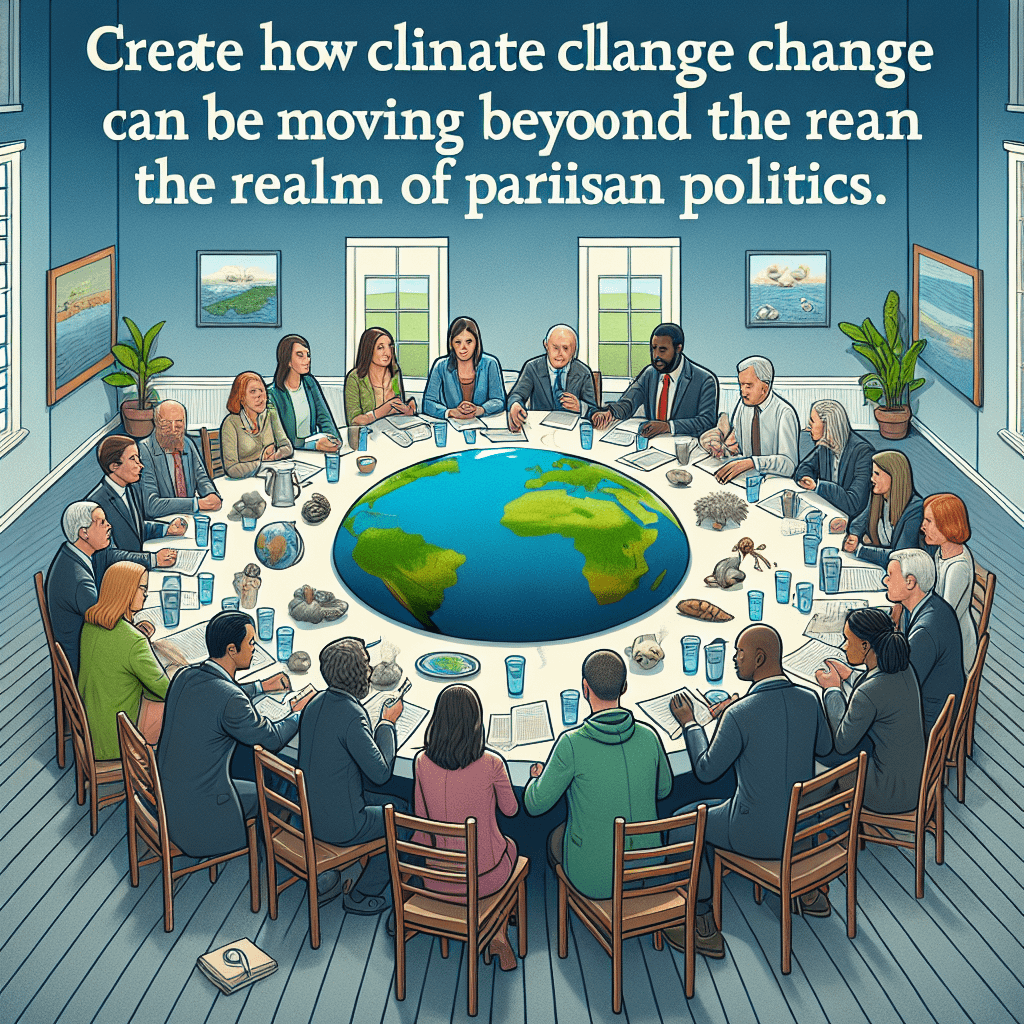Dislodging climate change from the culture wars might feel nearly impossible. But scientists have found ways to talk about the changing weather that resonate with Fox News fans, a segment of the population that many climate advocates consider a lost cause, by taking a “just the facts” approach.”If you’re talking about just pure observations, there’s nothing political about that,” said Keith Sietter, a lecturer at the College of the Holy Cross and executive director emeritus at the American Meteorological Society. Telling people that hurricanes are intensifying more rapidly because they’re sitting over record-warm ocean water, for instance, lets them come to their own conclusions about how the world is changing.Climate Central, a nonprofit that aims to be “scrupulously non-advocacy and non-partisan,” provides localized data and graphics to help newspapers, online news sites, meteorologists, and TV and radio programs explain the science behind our increasingly weird weather, from warming winters to longer allergy seasons. The organization has had success working with right-leaning media, like Fox affiliates, because of its apolitical approach, according to Peter Girard, Climate Central’s vice president for external communications.”Audiences, regardless of what their political stripes are, want to know what the science is telling them about the weather and climatological experiences that they’re having in their backyards,” Girard said.Yet even as fires, floods, and heat waves become noticeably worse, Democrats and Republicans are further apart on the science of human-caused global warming than almost any other issue. Some observers have noted that the resistance to accepting climate science might not be about the science at all, but what attempts to fix the problem might entail. An experiment in 2014 found that Republicans who read a speech about the United States using environmentally friendly technologies to fuel the economy, versus a speech about enacting stringent environmental regulations and pollution taxes, were twice as likely as other Republicans to agree with mainstream climate science. In other words, it might be easier to just ignore a problem if you don’t like the proposed solution.This concept of “solution aversion” might help explain how the culture war over climate solutions started. In the early 1990s, with the public freshly alerted by scientists that global warming had already begun, momentum began building for global action, with countries considering mandatory requirements to reduce greenhouse gas emissions.Corporations that had a stake in continuing to burn fossil fuels — oil companies, utilities, automakers, railroads, and steelmakers — saw this as an impending disaster and organized a counter-offensive. Conservatives began casting doubt on climate science and arguing that shifting away from fossil fuels threatened the economy and the American way of life. A gulf grew between Republicans and Democrats on a subject they use

